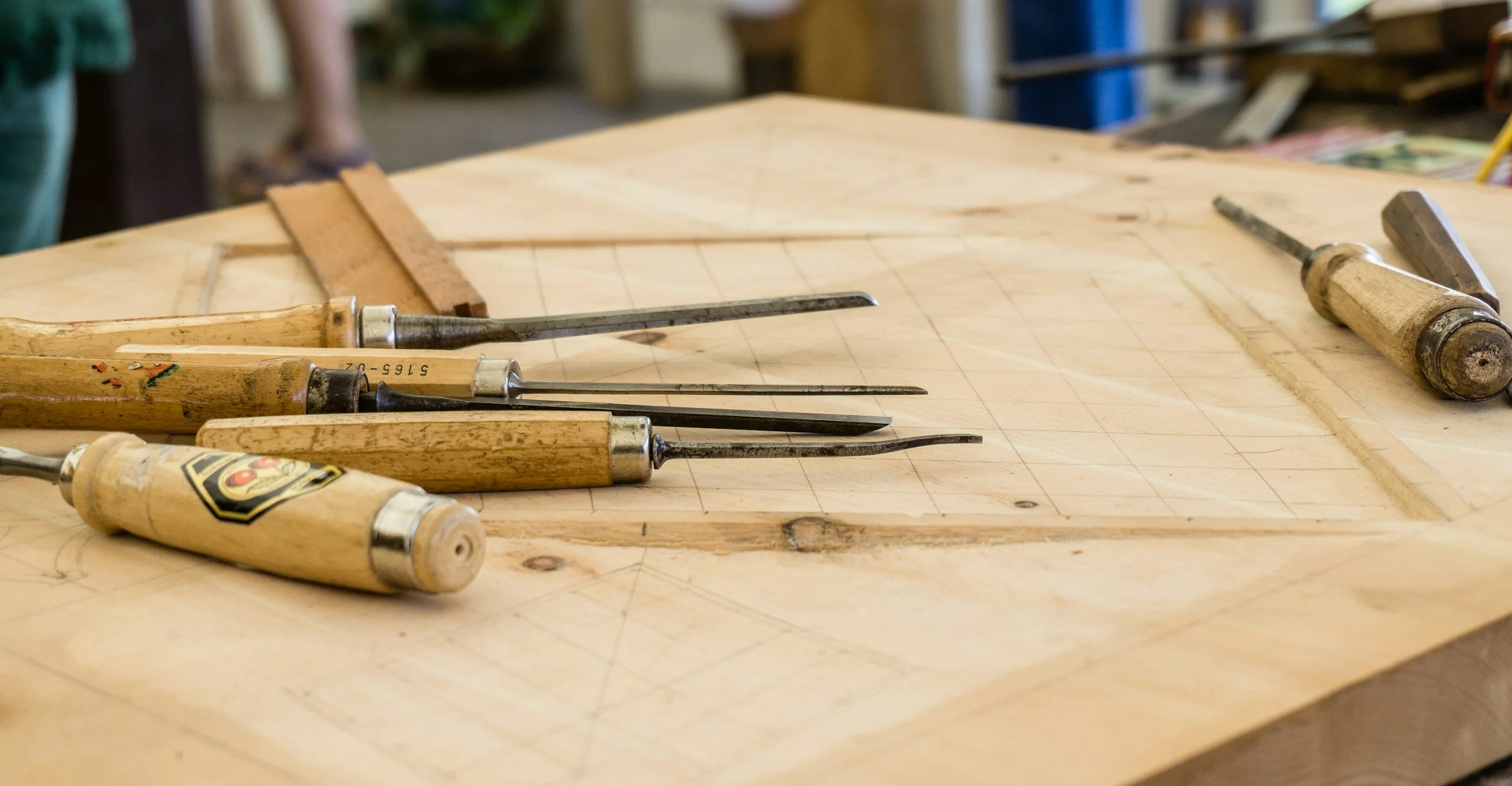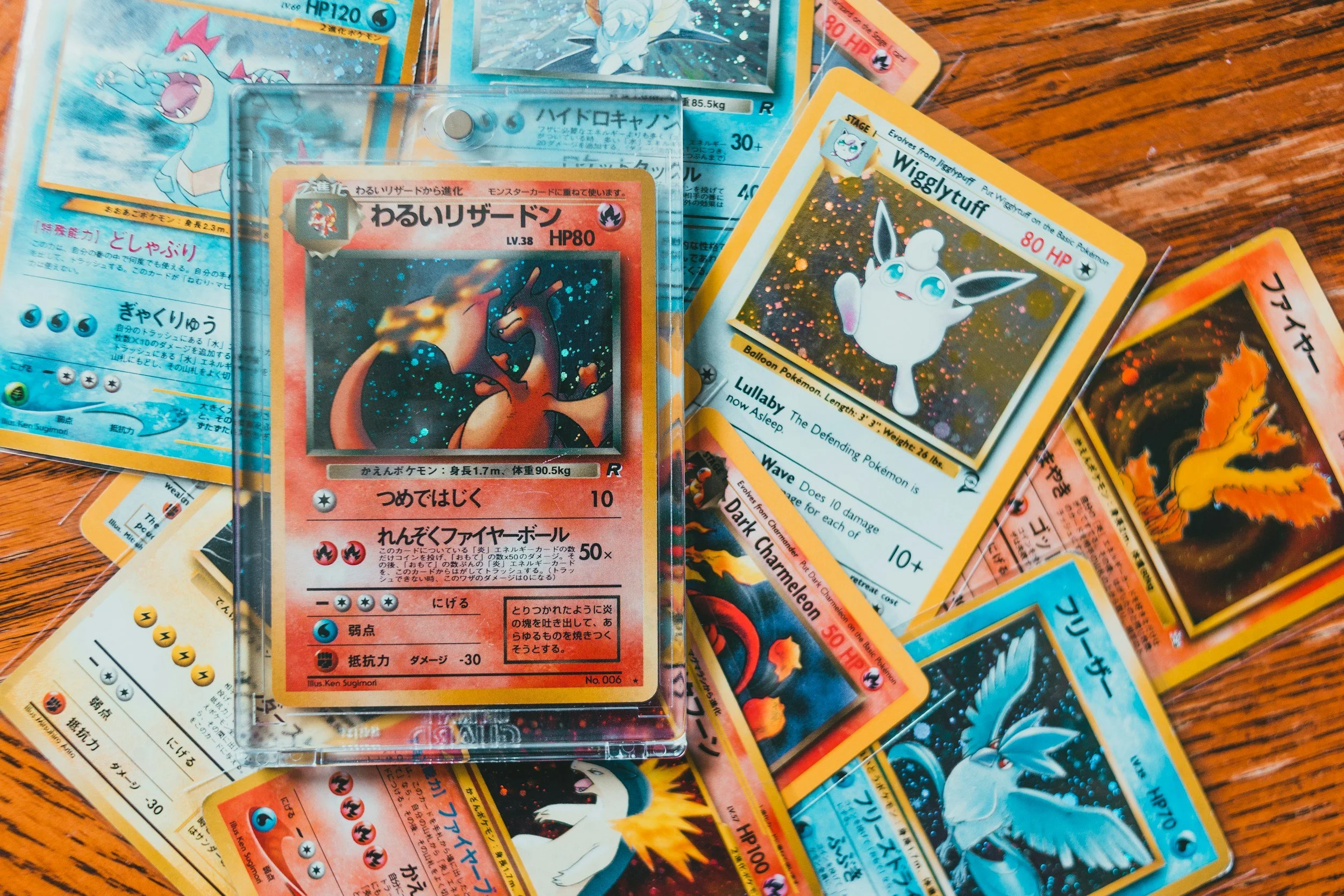Growing Your Hobbies
Divorce is a life-altering event that can bring a host of challenges, both emotional and practical. Whether you're in your 30s, 40s, or beyond, it’s common to feel a bit lost or uncertain in the aftermath. One of the best ways to reconnect with yourself and find balance during this transition is by making time for hobbies. Hobbies aren’t just a way to pass the time—they are an essential tool for reclaiming joy, reducing stress, and rediscovering passions that may have been sidelined over the years.
Here’s how making time for hobbies can help men of all ages during and after a divorce—and why it's a vital step in rediscovering yourself.
1. Understand the Importance of Hobbies
After a divorce, men can often find themselves overwhelmed by responsibilities like managing finances, co-parenting, and adjusting to a new living situation. This can make it easy to forget about taking care of yourself. Hobbies, however, provide more than just entertainment—they offer mental and emotional benefits, like stress relief, a sense of accomplishment, and a much-needed break from the pressures of daily life.
Engaging in a hobby can boost your mood, improve your physical health, and even help you meet new people. Whether you’re into sports, photography, woodworking, or anything in between, hobbies provide a positive outlet to focus your energy and regain a sense of purpose.
2. Reconnect with Old Interests
During marriage, it’s not uncommon for certain hobbies to be put on the back burner. Now that you're on your own, you have the opportunity to revisit old passions that may have been neglected over the years. Maybe you once enjoyed playing music, exercising regularly, or creating art. Reconnecting with these activities can bring back a sense of joy and accomplishment, reminding you of the things that made you feel alive and fulfilled.
This is also a chance to reconnect with parts of yourself that you may have lost sight of during your relationship. Revisiting your old hobbies can help you rediscover the things that made you happy before, and in turn, help you feel more centered in the present.
3. Explore New Interests
If you’re feeling like you’ve outgrown your old hobbies or are simply in search of something fresh, now is the perfect time to explore new interests. Whether it’s taking up a new sport, learning how to cook, trying out photography, or diving into digital art, experimenting with new hobbies can add excitement to your life.
Starting something new can also offer a sense of achievement and growth. You’ll challenge yourself, learn new skills, and keep your mind engaged. It’s a reminder that, no matter your age, there’s always room to grow and explore new facets of yourself.
4. Make Time for Yourself
As a man navigating life after divorce, it can be easy to feel pulled in many different directions—work, children, and other responsibilities. However, carving out time for yourself and your hobbies is crucial. Even if it’s just an hour a week, dedicating time to something you enjoy allows you to recharge and feel more balanced.
Making time for hobbies isn’t selfish; it’s an important form of self-care that allows you to maintain your mental health and build resilience. Whether it’s running, playing a game of golf, or working on a DIY project, these activities offer much-needed breaks from the stress and pressures of daily life.
5. Join a Community or Take a Class
Hobbies can also provide the perfect opportunity to expand your social circle and meet new people. Consider joining a local sports league, art class, or online hobby group related to your interests. Being part of a community or learning alongside others adds a layer of accountability and can turn your hobby into something even more rewarding.
Connecting with like-minded people through a shared interest is a great way to combat feelings of loneliness and make new friends. Whether you’re bonding over a love of hiking or trading tips with fellow photographers, these connections can help you feel more engaged and supported.
6. Focus on Personal Growth
Divorce can be a difficult time, but it’s also a time for personal growth. Hobbies aren’t just about entertainment; they’re an opportunity to learn new skills, challenge yourself, and build confidence. Whether it’s mastering a new instrument, learning how to cook healthy meals, or taking up a physically demanding activity, hobbies can help you grow into a more fulfilled version of yourself.
Investing in your personal development through hobbies shows that you’re committed to your own well-being, both mentally and physically. It’s a way of proving to yourself that you are still capable of growth, joy, and learning, no matter what changes life throws your way.
7. Embrace the Freedom
One of the unexpected benefits of divorce is the freedom it brings. After a divorce, you may have more control over your schedule and less pressure to compromise on your time. This is the perfect moment to embrace the freedom to pursue your interests without worrying about balancing them with someone else’s preferences.
Whether you’ve always wanted to take a solo trip, finally finish that novel you’ve been working on, or dedicate time to your fitness goals, now is the time to go for it. With fewer constraints, you have the opportunity to truly enjoy the things that bring you joy.
Conclusion: Hobbies Are for Healing and Discovery
Making time for hobbies after a divorce is about more than filling the empty space left behind—it’s about reconnecting with yourself, nurturing your mental and emotional health, and rediscovering what brings you joy. Whether you revisit old hobbies or try new activities, these interests provide a sense of purpose, a break from daily stress, and a healthy way to process emotions during a difficult time.
So, regardless of your age or where you’re at in your life journey, it’s never too late to dive into something that excites you. Hobbies can help you heal, grow, and embrace new opportunities, ultimately allowing you to reclaim control of your life and find fulfillment after divorce.



